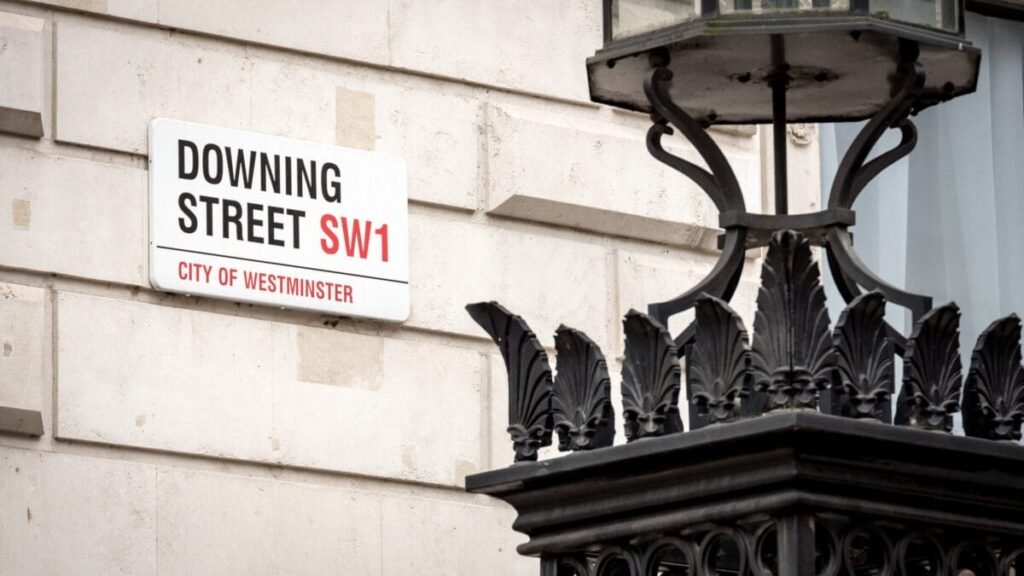Novice investors, who started investing in the last twelve months, are three times as likely to react in some way to this short-term event than more experienced investors who have been investing for over a decade
Four in 10 (38%) UK investors are planning to make changes to their portfolios following the UK General Election being called – including adjusting their asset allocation, withdrawing funds, making additional investments and diversifying across geographies – according to new research from St. James’s Place. Interestingly, novice investors who have been investing for less than a year (62%) are three times more likely to react to this event compared to those who have been investing for over a decade (19%).
SJP’s investor behaviour election poll, which surveyed 1,000 UK investors, found 38% are considering taking action on their investment portfolios in response to the election. Specifically of those taking action, 25% intend to increase exposure to equities, 22% to bonds, while 24% plan to diversify internationally by reducing their UK investments. By contrast, 13% are looking to increase their investments in the UK market.
Encouragingly, the research shows that those making changes are more likely to make additional contributions (33%) rather than withdraw funds (15%). Meanwhile, only 19% reported decreased confidence in the UK stock market, while 13% reported decreased confidence in their own investments due to the election.
The study also found that newer investors are more likely to react to the election, with 62% of those who began investing in the past year planning to make changes to their portfolio compared to 19% of those investing for over a decade. The 25-34 age group is the most active, with 81% planning to adjust their portfolios and just 12% saying that they will take no action. This compares to 74% of 45–54-year-olds, and 85% of those over 55, saying they will sit tight and take no action at all.
SJP’s analysis of UK market performance data spanning the past 10 UK elections, from 1987, found no clear trends between election outcome and market performance, underscoring the importance of staying invested and not following the noise or trying to time the market in response to short-term events.
The performance prior to, immediately post, and over the duration of each government’s term was on average positive with a very wide range. The only consistent outcome was positive medium to long term performance of the UK equity market. SJP’s findings suggest that major external shocks, such as the 1987 stock market crash, the burst of the dot-com bubble in 2000 and the 2007 financial crisis, have more of an impact in the short term than any political party, with only one government having a negative absolute return over their term, coinciding with the dotcom crash.
| Past 10 UK Elections | Average | Worst | Best |
| Performance Over term | 49.28% | -4.42% | 139.27% |
| 12m Prior | 14.95% | -4.64% | 49.47% |
| 12m Post Election | 8.38% | -14.32% | 35.66% |
Joe Wiggins, Investment Research Director, St. James’s Place commented: “Our research into market behaviour shows that political events such as General Elections have limited impact over the long-term. Therefore, while any period of political change can cause investors to worry, it is important not to become overly distracted by short-term noise.
“It is encouraging to see that very few respondents were looking to react to current events by withdrawing their investments, but It is important to remember that timing the market also applies to adjusting our asset allocation. High profile events can often tempt us into injudicious trading decisions, and this is something we should look to guard against.
“Successful long-term investing is founded upon building a diversified portfolio spread across asset classes and geographies and tailored to meet our return and risk objectives. If we get this right, we should be well-positioned to meet our goals irrespective of short-term events.”

